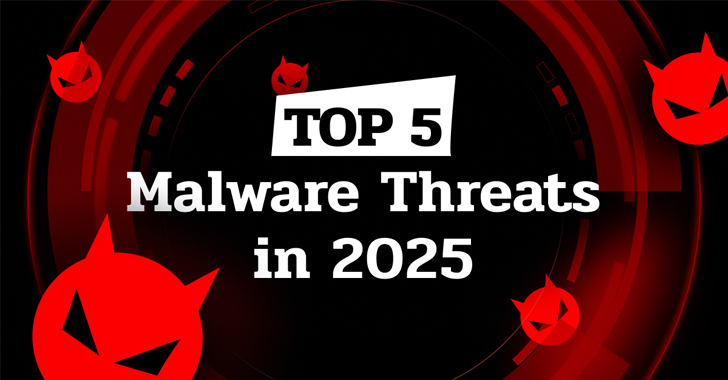The End of Clicks: AI-Powered Browsers Revolutionize the Internet
The internet, as we know it, is built on billions of clicks that generate ad revenue, influence search results, and shape how knowledge is discovered and monetized. However, a new generation of AI-powered browsers is emerging, threatening to disrupt this model. One such browser, Comet, launched by Perplexity, aims to transform the browsing experience into a conversational interface, effectively killing the click.
A New Era of Agentic AI
Comet’s capabilities represent a significant leap forward in the development of agentic AI, a cutting-edge field where AI systems are designed to perform a series of actions and make decisions to achieve a user’s goals. This intelligent assistant can understand user intent, execute multi-step tasks, and provide relevant information without requiring multiple clicks or tab openings. As Perplexity puts it, "Comet learns how you think, in order to think better with you."
Challenging Google Chrome’s Dominance
Comet’s launch sets Perplexity on a collision course with Google Chrome, the dominant gateway to the internet. For decades, Chrome has shaped how billions of users navigate the web, with every query, click, and ad filtered through a system designed to maximize user interaction and ad revenue. Comet’s conversational interface challenges this advertising-driven model, aiming to collapse complex workflows into fluid conversations.
OpenAI Joins the Fray
OpenAI, the creator of ChatGPT, is reportedly developing its own AI-powered web browser, set to be unveiled soon. This browser will likely integrate the power of ChatGPT with Operator, OpenAI’s proprietary web agent, which can autonomously perform tasks through web browser interactions. If successful, this could create a full-stack alternative to Google Chrome and Google Search, threatening Google’s dominance from both ends.
Goodbye Clicks, Hello Cognition
Perplexity’s vision is simple yet provocative: the web should respond to user thoughts, not interrupt them. Comet promises to run on context, allowing users to ask complex questions, compare options, and find information without navigating through endless tabs and hyperlinks. This could spell the end of traditional Search Engine Optimization (SEO) and the familiar "blue links" of search results.
Google’s Grip on the Internet Slipping
Google Search is already under pressure from AI-native upstarts like Perplexity and You.com. Its attempts at deeper AI integration have drawn criticism, while Chrome faces an identity crisis, caught between preserving its ad revenue pipeline and responding to AI-powered alternatives. Comet breaks the old ad-driven model, sidestepping the need for traditional links or clicks to deliver useful information.
The Future of the Internet
If Comet or OpenAI’s browser succeed, they will fundamentally redefine how the internet works, disrupting not just search but the entire online ecosystem. Publishers, advertisers, online retailers, and software companies may find themselves disintermediated by AI agents, which could summarize their content, compare prices, execute tasks, and bypass existing websites and interfaces. The AI browser is no longer a hypothetical concept – it’s here, and it’s poised to revolutionize the way humans interact with information and conduct their digital lives.
Source Link





